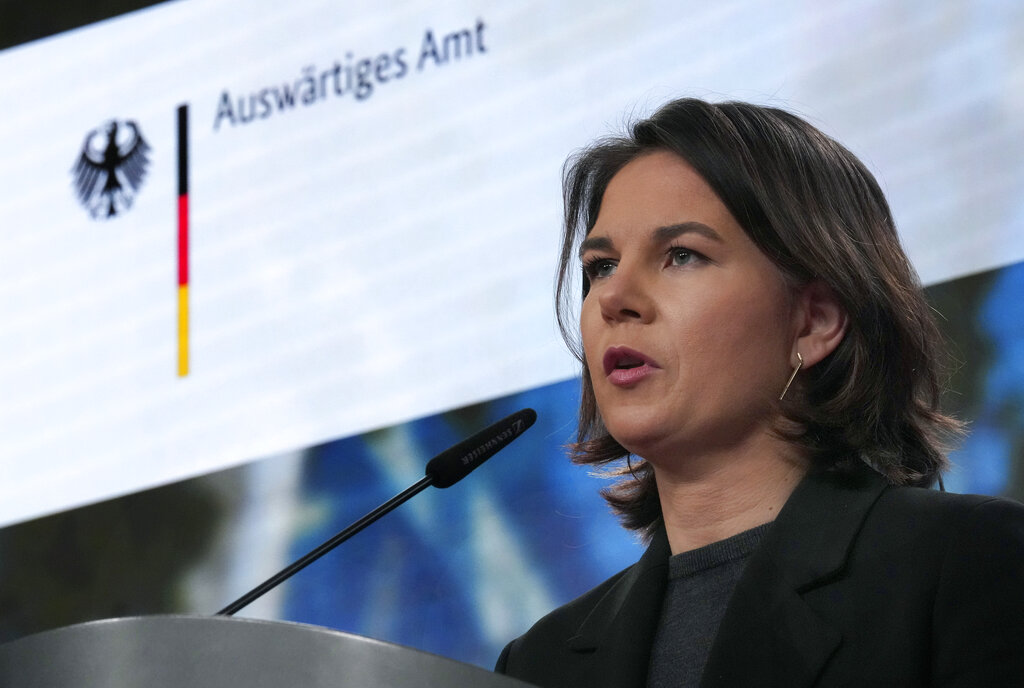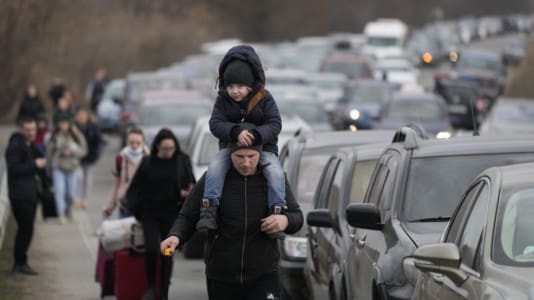Germany’s Federal Foreign Minister Annalena Baerbock has spoken out in favor of taking in up to ten million Ukrainian refugees, which would represent nearly quarter of Ukraine’s population, and result in nearly 9 times the refugee influx seen during the 2015/2016 Syrian crisis.
“We have to be prepared for eight to ten million refugees coming from Ukraine. And we will take them all in,” the politician said on Saturday at the Greens party conference in Brandenburg.
It is unclear if Baerbock is arguing to temporarily take these refugees in or offer them permanent residence. Most refugee from previous conflicts, such as the Balkan war, have never been forced to return to their countries and there are few signs that they will be in the future. If Europe were truly to take in 8 to 10 million Ukrainian refugees, it would result in an enormous housing, educational, and social services burden at a time when countries are already dealing with rising housing and food inflation.
[pp id=30569]
The costs of Germany’s existing migration burden are already enormous. Even before the current refugee crisis, the country planned to spend €64.5 billion in integration and social costs for migrants in the country over the course of four years. It is unclear how many refugees Germany would specifically take in, but Germany recently complained it was at “its limit” after accepting 250,000 Ukrainian refugees. Other countries, such as Sweden, have already signaled they will not take many Ukrainians in.
There are obvious differences between refugees from the conflict in Syria and Ukraine, with most refugees from Ukraine consisting of women and children, but the scale of the exodus into Europe is far larger as the Ukrainian crisis is currently taking place within Europe’s continental borders.
The foreign minister explained that she also did not know how long the tense refugee situation would last, however, she said that she hopes that one day it will be again possible to travel from the English Channel to Kazakhstan through a “free and peaceful Ukraine.”
Meanwhile, Federal Interior Minister Nancy Faeser spoke out against collecting personal data of Ukrainians arriving in Germany.
[pp id=8288]
“We are talking primarily about children and women who have been on the run for days, who had to endure the cold at the Polish border,” she said, explaining that these people should not be held up at the German border for control purposes.
There are concerns that many of the people entering Europe from Ukraine are Middle Easterner and Africans using the chaos of the situation to cross into Europe, with some claiming they were “students” in Ukraine. A report from France showed that approximately one in three refugees who claimed they were Ukrainian were not actually Ukrainian.
The number of people fleeing from Ukraine to Germany continues to rise. As the Federal Ministry of the Interior announced on Sunday, around 270,000 refugees have already arrived in Germany.






